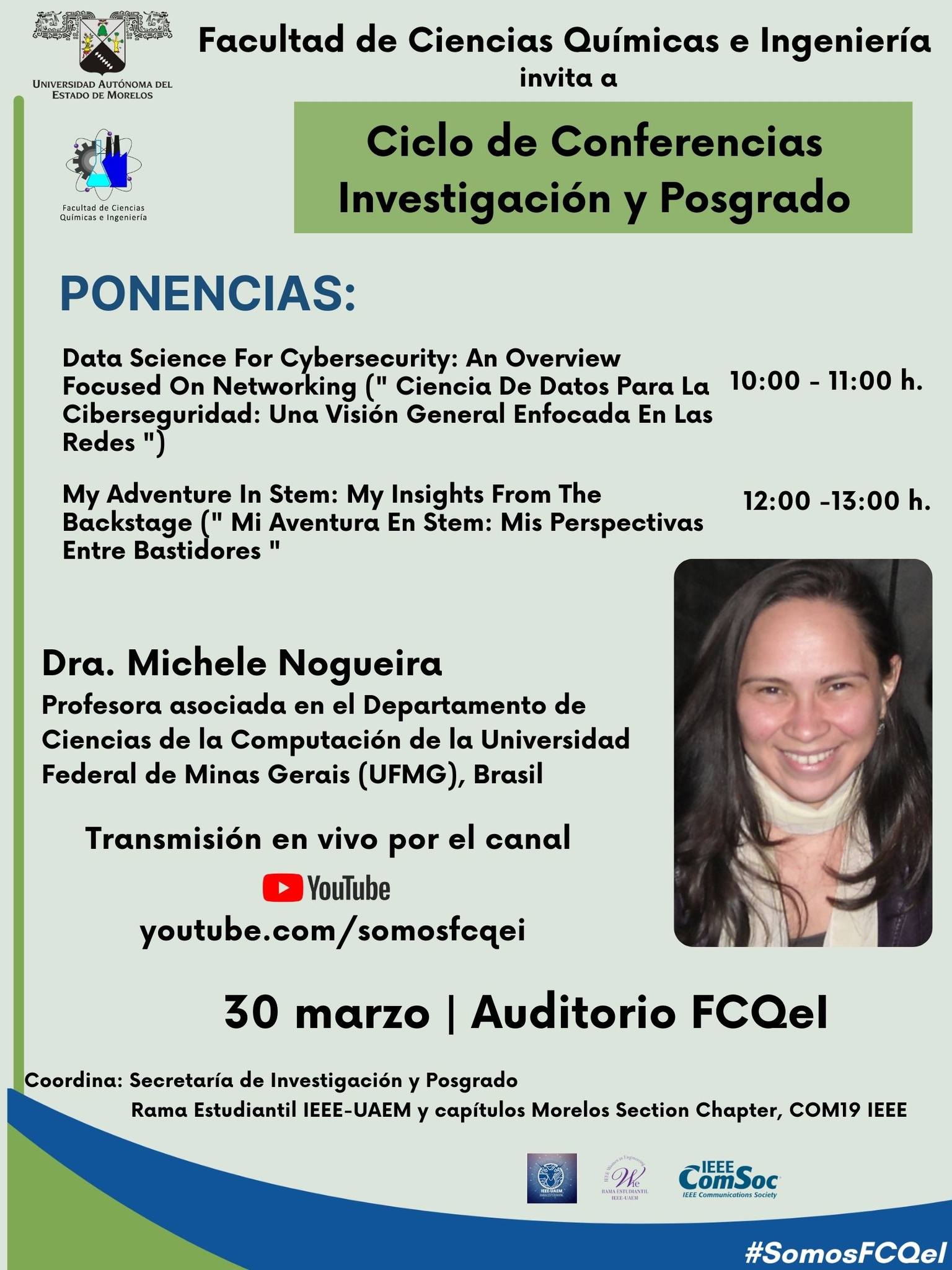Data Science for Cybersecurity: An Overview Focused on Networking

Cyberattacks are constantly ravaging valuable data, wasting time and costly resources, and negatively affecting the reputation of companies and institutions worldwide. Big, high profile organizations have suffered the consequences of cyberattacks with high impact on the organizations themselves, their customers, collaborators, and society in general. WannaCry and other ransomware software are still a threat that affect computers, encrypting data, and demanding ransom payments in Bitcoin cryptocurrency. Another example, sophisticated versions of Distributed Denial-of-Service attacks (DDoS attacks), launched from Internet-connected devices -- such as IP cameras, residential gateways and baby monitors, cause major Internet platforms and services to be unavailable to many users around the world. These examples highlight the power and potential of cyberattacks, revealing a constant improvement and sophistication in attacking strategies. For sure, cybersecurity is not anymore what it used to be; we are in the era of ubiquitous systems, we expect more than 75 billion devices or smart things connected by 2025. We observe the design of different solutions to tackle this problem, for instance, digital passports for seamless entry at Dubai Airport, supported by the blockchain technology, expecting it stands as proof of all the transactions on the network. However, how is academia addressing the sophistication in cyberattacks? Are we able to anticipate the next moves of attackers to protect our information assets? How could academia benefit from the data generated in the network, to create security intelligence, and prevent attacks? This talk intends to elicit a discussion around these questions, and present an overview of correlated researches developed by Dr. Nogueira’s research team, and future directions in these topics.
Date and Time
Location
Hosts
Registration
-
 Add Event to Calendar
Add Event to Calendar
Loading virtual attendance info...
- Avenida Universidad 1001, Colonia Chamilpa
- Facultad de Ciencias Químicas e Ingeniería
- Cuernavaca, Morelos
- Mexico 62210
- Building: B
- Room Number: Auditorio
- Click here for Map
- Contact Event Host
- Co-sponsored by Universidad Autónoma del Estado de Morelos (UAEM)
Speakers
 Michele Nogueira of Federal University of Minas Gerais (UFMG). Computer Science Department.
Michele Nogueira of Federal University of Minas Gerais (UFMG). Computer Science Department.
Data Science for Cybersecurity: An Overview Focused on Networking
Cyberattacks are constantly ravaging valuable data, wasting time and costly resources, and negatively affecting the reputation of companies and institutions worldwide. Big, high profile organizations have suffered the consequences of cyberattacks with high impact on the organizations themselves, their customers, collaborators, and society in general. WannaCry and other ransomware software are still a threat that affect computers, encrypting data, and demanding ransom payments in Bitcoin cryptocurrency. Another example, sophisticated versions of Distributed Denial-of-Service attacks (DDoS attacks), launched from Internet-connected devices -- such as IP cameras, residential gateways and baby monitors, cause major Internet platforms and services to be unavailable to many users around the world. These examples highlight the power and potential of cyberattacks, revealing a constant improvement and sophistication in attacking strategies. For sure, cybersecurity is not anymore what it used to be; we are in the era of ubiquitous systems, we expect more than 75 billion devices or smart things connected by 2025. We observe the design of different solutions to tackle this problem, for instance, digital passports for seamless entry at Dubai Airport, supported by the blockchain technology, expecting it stands as proof of all the transactions on the network. However, how is academia addressing the sophistication in cyberattacks? Are we able to anticipate the next moves of attackers to protect our information assets? How could academia benefit from the data generated in the network, to create security intelligence, and prevent attacks? This talk intends to elicit a discussion around these questions, and present an overview of correlated researches developed by Dr. Nogueira’s research team, and future directions in these topics.
Biography:
Michele Nogueira is an Associate Professor in the Computer Science Department at Federal University of Minas Gerais (UFMG), Brazil. She received her doctorate in Computer Science from the University Pierre et Marie Curie – Sorbonne Université, France. She was on a sabbatical leave at Carnegie Mellon University, USA (2016-2017). Her research interests include wireless networks, security, and dependability. She has worked on providing resilience to self-organized, cognitive and wireless networks by adaptive and opportunistic approaches. Dr. Nogueira was one of the pioneers in addressing survivability issues in self-organized wireless networks, being the work “A Survey of Survivability in Mobile Ad Hoc Networks”, one of her prominent scientific contributions. She has been a recipient of Academic Scholarships from Brazilian Government in her undergraduate and graduate years; and of international grants such as the ACM SIGCOMM Geodiversity program. She has served as Associate Technical Editor for the IEEE Communications Magazine. She serves as chair for the IEEE ComSoc Internet Technical Committee. She is an ACM and IEEE Senior Member.
Email:
Address:Federal University of Minas Gerais (UFMG). Computer Science Department, Rua Reitor Píres Albuquerque, ICEx - Pampulha, Belo Horizonte, Minas Gerais, Brazil, 31270-901

